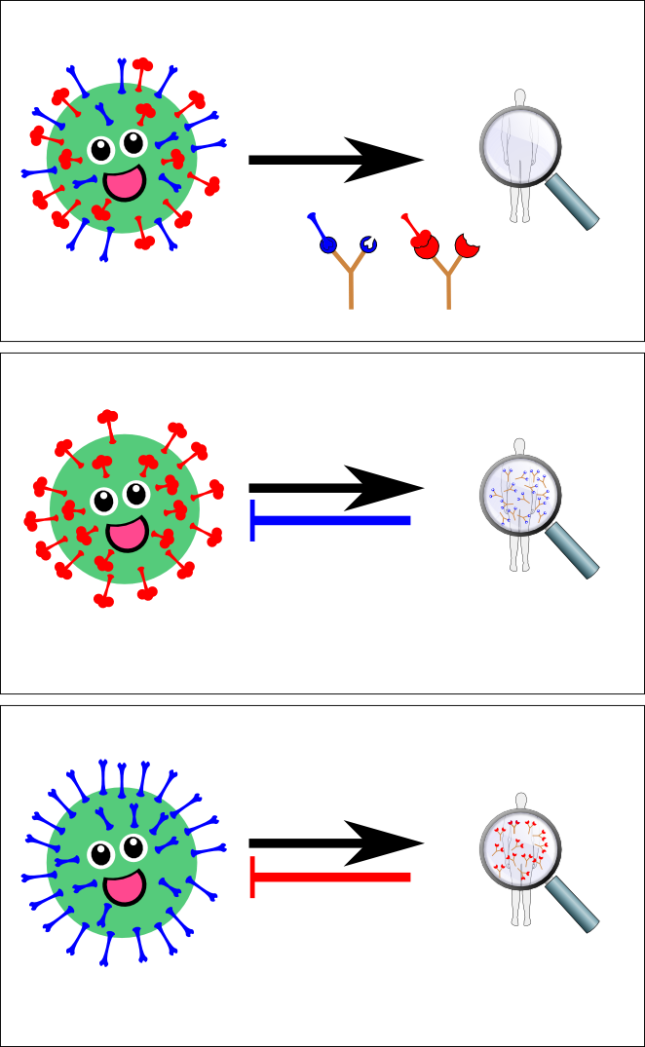
In order to avoid confusion in my previous post, I’m going to provide some explanation for the term of Ronfeld Chain. The name is derived from a comment made by some David Ronfeldt (maybe it’s him working for the RAND institute on a Social Evolution Forum webpage.
He summarizes his TIMN-theory as follows:
EXPLANATION: In brief, TIMN theory finds that, over the ages, people have come up with four cardinal forms of organization for constructing their societies: tribes (or the T form), hierarchical institutions (the I form), markets (M), and information-age networks (N). Each form of organization has different purposes and uses, along with different philosophical and strategic implications. Each form also has both bright and dark sides, and can be used for good or ill; societies can get them wrong as well as right, in ways that affect their usage of the other forms.
Concerning evolution he further explains:
In notational terms, this means that societies have evolved across the centuries in a preferred historical progression: from monoform (T-only), to biform (T+I), to triform (T+I+M), and now potentially to quadriform (T+I+M+N) types of societies.
This theory is consistent with the fauceir theory and quite handy to explain a lot of social phenomena, so I will translate it in more detail in faucier terms.
T: The tribal form is the most ancient way to organize human social groups based on biological needs such as provision of food and propagation and it involves some elementary types of division of labor in child care, hunting, and protection.
I: I’d better call it the imperatorial or ideological form. It is the way to control larger social groups which includes institutional hierarchies and ideologies and was made possible with increased agricultural production.
M: The market form. It is the way to control different social groups across countries (imperial states). This form became dominant with the industrial revolution.
N: The network. Though the network is not the hallmark of this form, markets form networks too for instance, the cardinal sign of this networks is rationality. All human brains contribute to this network one way or the other, and though it already can be felt everywhere, soon the contribution of artificial intelligence (AI) will increase substantially.
As we are talking about fauceir evolution all the forms are control units which control other fauceirs and may come under control themselves in evolutionary history. Eventually, a hierarchy is build. A hierarchy is not a divine order. On the contrary, it is the product of fierce competition, and as the element fauceirs keep evolving themselves it is like an arms race between host and parasite to keep the subdued fauceir under firm control.
The control that had been established by human social evolution is the chain of control, the Ronfeld Chain.
T < I < M < N
In summarizing human social evolutionary history, we have to recognize that most of the hunter gatherer societies up to about 30.000 years ago were dominated by tribal fauceirs. With the advent of agriculture, tribes were overruled by imperatorial fauceirs. The most ingenious innovation to keep tribal fauceirs in check was creating the family that is private tribes. But not only in families. Tribal fauceirs survived in some rare cultures and fringe groups that most often are called asocial or even criminal indicating that these fauceirs are under heavy control now.
The prime time of imperatorial fauceirs was about 10.000 years ago and since about 2.000 years we observe a steady decline of its influence. The imperatorial style of governance already existed in hunter gatherer societies which does not come as a surprise because the system of alpha males we inherited from our primate ancestors. But is was not before ideology was invented that tribal behavior could be effectively controlled across tribes. The only thing that was necessary was that a tribe accepted an ideology. We known from history how bloody business it was to spread ideology throughout several tribes.
Next step on the ladder was control by market fauceirs. Though archeological evidence proves that people traded some 60.000 years ago ( see here and and here and the references listed there) and the many activities of merchants is known from history, it was not before recently and after the industrial revolution in particular that economic fauceirs gained significant control on both imperatorial and tribal fauceirs. An insightful anecdotal evidence how this takeover took place over the centuries of industrial revolution on British Island is the history of freemasonry. Aside of secret societies, today numerous ways exist by which market fauceirs control the imperatorial ones: lobbying, the monitary system, and by corporates sponsored think tanks and NGOs to influence policy makers. Market fauceirs also force tribal ones under control. The most prominent example is the disbandment of families by economic means of coercion. Women had to work to also provide for the family and childcare was handed over to the government. According to a report by Aaron Russo it was thoroughly planned by Rockefeller. Maybe that’s true in the US, but it happened everywhere even in countries like the Soviet Union where Rockefeller had rather negligible influence, I guess. It is just what economy demands.
Next and so far final step is the takeover by the rational network fauceirs. Rational fauceirs also exist for long, but there influence on economy and ideology was rather limited. It was only with the advent of the internet and the spread of new ways of communication that the influcence of the rational network became obvious. Brexit and the Trump election are symptoms of the control shift from market to network fauceirs.
For us ordinary humans two things remain difficult to understand:
1. We are just witnessing a competition between market and network fauceirs. The market by far is not under full control yet and it will never be. The fight between these two fauceir units is fierce and will become fiercer the next years. The two fighting fauceir parties take what they can get control of as weapons, including us, the people. We people contribute in several ways to this combat. We participate as members of the imperatorial or tribal fauceirs.
2. But, we also contribute to the network simply by developing rational arguments. Any rational endeavor and exchange of opinions contributes to the network in a way that is not foreseeable. A single human individual contributing to the network has no control of the network. The network controls itself and the people contributing.
Let’s give an example. Now many people write articles like this one. In this article the authors try to explain what happened when Trump was elected, and although the authors did not find a point that I can agree with, they made a valuable contribution on how tribal fauceir control is exerted by both imperatorial and market fauceirs that can be used by the network to tap the control mechanism in the future. Therefore keep in mind that a single person’s contribution to the network might not be visible and conscious instead it might be accidental and work in a not intended direction.
Conclusively, while ready this article you were making your contribution to human social too. Thank You.

This work by Paul Netman is licensed under a Creative Commons Attribution-Share Alike 3.0 United States License.
Fauceir theory is developed and © by Mato Nagel and available at www.fauceir.org.









